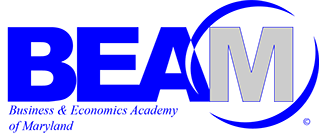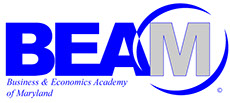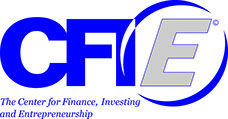Core Curriculum at BEAM
A transformative curriculum
The curriculum at BEAM is based on a Project Based Learning model, (PBL). PBL is a teaching method in which students gain knowledge and skills by working for an extended period of time to investigate and respond to an authentic, engaging and complex question, problem, or challenge. The PBL method of teaching will provide our students with a more experienced based approach to learning so that they have an opportunity to experience the lessons in the classroom instead of having lessons dictated to them by a teacher.
Sample Lesson Plans










Transformative Curriculum
At BEAM, we will begin teaching our early learners lessons in English Language Arts. (ELA)
Our ELA curriculum is a flexible literacy intervention program, grounded in research, that provides scaffolded support designed to accelerate students back to grade level.
We believe that once our students master the English language, they can achieve anything and go anywhere.
Why we chose Project Based Learning (PBL)
What is Project-Based Learning (PBL) and how long has it been around? As far back as the early 1900s, John Dewey supported the "learning by doing" approach to education, which is the essential element of PBL.
Today, PBL is viewed as a model for classroom activity that shifts away from teacher-centered instruction and emphasizes student-centered projects.
This model helps make learning relevant to students by establishing connections to life outside the classroom and by addressing real world issues. In the classroom, PBL gives teachers an opportunity to build relationships with students by acting as their coach, facilitator, and co-learner. In the school and beyond, the model further allows teachers opportunities to build relationships among colleagues and with those in the larger community. Student projects can be shared with other teachers, parents, and others who have a vested interest in the students' education.
What does the research say about PBL? Below are links to the current research on the topic:
Handbook: Introduction to Project-Based Learning This article gives an introduction to PBL and a description of its benefits. It also identifies key elements of successful projects. (Buck Institute for Education, 2007)
PBL in Your Classroom This section of the handbook suggests "standards-based" projects as a central method of teaching and learning that replaces conventional instruction for a portion of a course.
Project-Based Research This page contains links to current research studies on PBL. (Buck Institute for Education, 2007)
A Review of Research on Project-Based Learning (PDF) This review covers the underpinnings of PBL research and practice, evaluative research as well as research on the effectiveness of PBL. (John W. Thomas, 2000)
Research Validates Project-Based Learning This article highlights the growing body of academic research that supports the use of PBL in schools as a way to engage students, cut absenteeism, boost cooperative learning skills and improve test scores. (Edutopia, 2001)
Web Resources: Project Examples This site contains links to exemplary projects and structures for students to create and facilitate their own projects to fit their own particular classroom and curriculum needs. (Buck Institute for Education, 2007)
Technology and Beyond: Teachers Learning Through Project-Based Partnerships (PDF icon PDF) This article highlights a teacher partnership model for professional development that's effective in building technology, pedagogy, leadership skills, and collaboration practices that support teacher learning. (Karen A. Cole, Institute for Research on Learning, 1999)

© 2021 Business and Economics Academy of Maryland
All rights reserved.
The Business and Economics Academy of Maryland, (BEAM) is a proposed PreK-5th private school and will be privately funded and independent. The school is established by a 501(c)3 organization made up of teachers, parents, and community groups to bring educational alternatives to children in Maryland.


